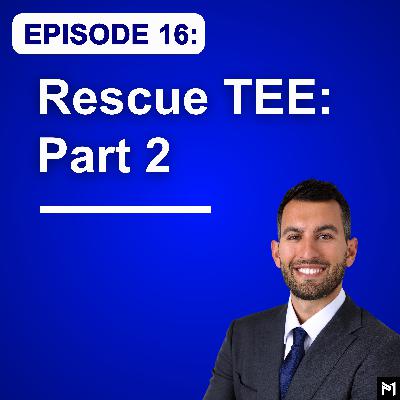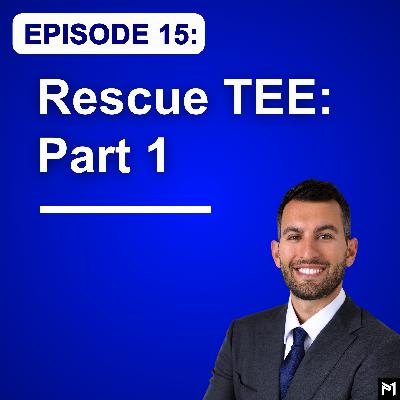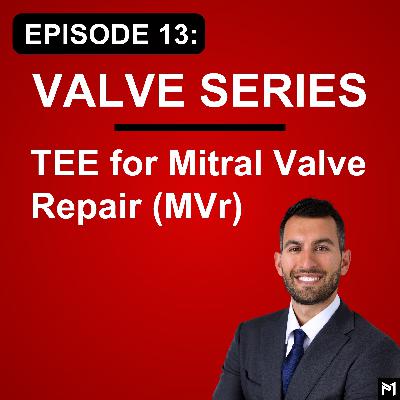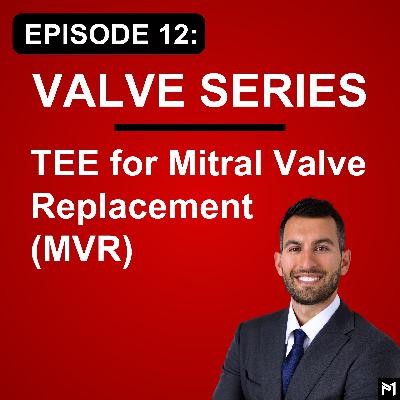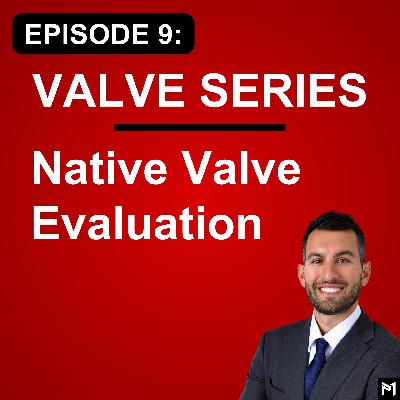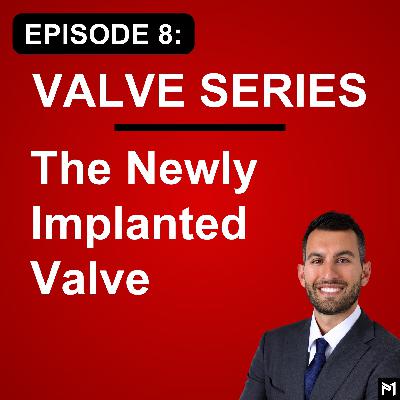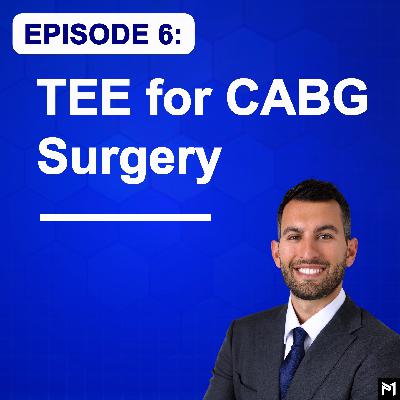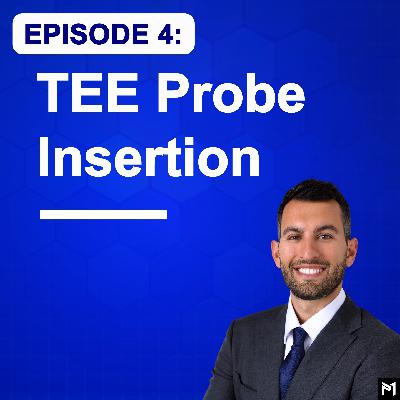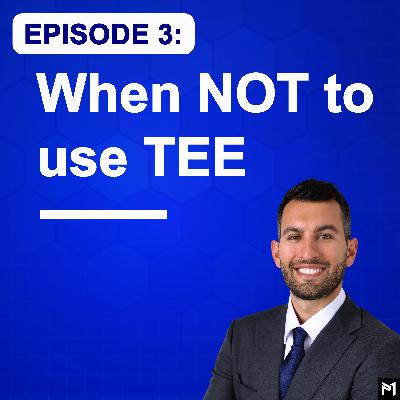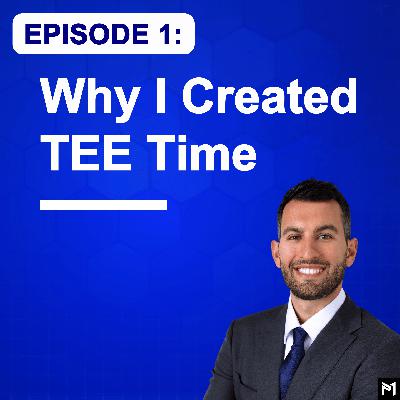16. Rescue TEE: Diagnoses and Shock States - Part 2 (Transesophageal Echocardiography)
Description
In Episode 16 of TEE Time, we focus on part two of the three part Rescue TEE series. This episode focuses on the clinical application of Rescue TEE for diagnosing and managing various shock states, including RV failure, cardiac tamponade, acute PE, and hypovolemia. Key concepts such as calculating cardiac output via echocardiography and differentiating various diagnoses are covered in detail. Specific diagnostic approaches and echocardiographic views for each condition are discussed, offering practical insights and protocols for emergency clinical settings. The episode serves as an in-depth guide to utilizing Rescue TEE effectively to improve patient care in critical situations.
Receive your free TEE Time Rescue TEE protocol document:
1) Leave a Review (Apple/Spotify) or Like (Youtube).
2) Comment with an included Email,
3) We will send you the Protocol!
00:00 Introduction to Rescue TEE: Part Two
00:48 Overview of Rescue TEE Protocol
03:01 Calculating Cardiac Output with Echocardiography
04:26 Diagnosing Hypovolemia
07:46 Identifying IVC Compression
09:08 Understanding Cardiac Tamponade
11:40 Evaluating RV Failure
14:23 Detecting Pulmonary Embolism
15:54 Recognizing Tension Pneumothorax
18:37 Assessing Valve Pathology
20:53 Exploring LV Dysfunction
24:17 Investigating Afterload Issues
30:02 Differentiating Shock States
32:21 Conclusion and Next Steps
#TEE #Echocardiography #Anesthesia #Cardiology #CriticalCare #EmergencyMedicine #Sonographer #CardiacSurgery #FOAMed #POCUS #Ultrasound #Anesthesiology #Perioperative #CardiacAnesthesia #AnesthesiaPodcast #Anesthesiology #Echo #Surgery #AdvancedTEE #PerioperativeTEE #TTE #Sonography #TEETime #TransesophagealEchocardiography #BasicPTE #AdvancedPTE #PTEeXAM #ICU
DISCLAIMER: This podcast provides recommendations intended for educational purposes only and should not be used as the sole basis for making medical decisions. The information reflects expert opinions rather than scientifically-verified data, and no express or implied warranties are made regarding its accuracy, completeness, or fitness for any particular purpose. Listeners are encouraged to verify all information independently and consult additional reliable sources. Neither the authors, publishers, nor any parties involved assume responsibility for any errors, omissions, or outcomes resulting from the use of this material. All non-original material featured in this podcast is either used with explicit permission from the copyright owner or is believed to fall under the Fair Use provisions of U.S. copyright law for purposes such as education, commentary, and criticism. If you believe any material has been used improperly, please contact the author directly so the matter can be promptly reviewed and addressed.

